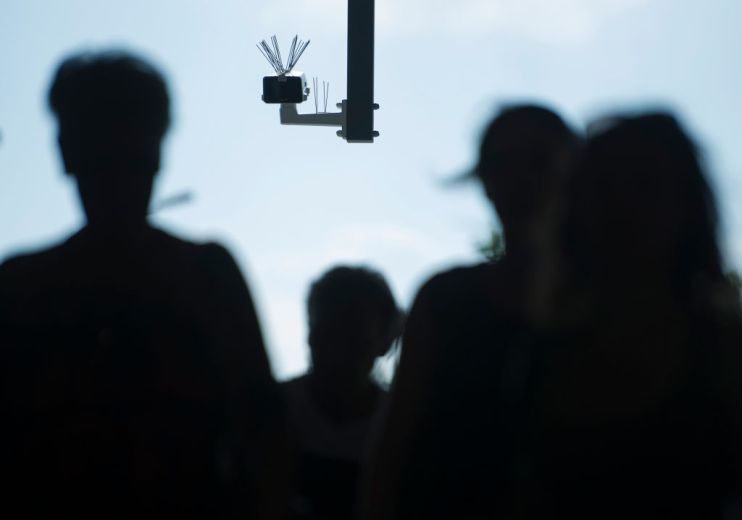ICO chief warns of the data protection dangers in live facial recognition tech

The UK’s data protection watchdog has warned of the risks in the use of live facial recognition in public places today, because of its “supercharged CCTV” capabilities.
The Information Commissioner’s Office information commissioner Elizabeth Denham explained in a blog post published today of her worries over the increasingly common technology.
“I am deeply concerned about the potential for live facial recognition (LFR) technology to be used inappropriately, excessively or even recklessly. When sensitive personal data is collected on a mass scale without people’s knowledge, choice or control, the impacts could be significant,” she said.
“We should be able to take our children to a leisure complex, visit a shopping centre or tour a city to see the sights without having our biometric data collected and analysed with every step we take.”
‘Supercharged CCTV’
More high-tech than CCTV, LFR and its algorithms can automatically identify who you are and “infer sensitive details about you”, the commissioner explained.
The tech can be used to offer personalised adverts or even match your image against known shoplifters as you do your weekly shop.
While standard CCTV does not currently use LFR, it is possible it will be in the future, Denham said, adding that it could even be combined with social media data and other “big data” systems.
The commissioner urged, however, that it is not her position “to endorse or ban a technology” but said that while the tech is not yet commonplace in the UK – there is an opportunity to ensure it does not expand “without due regard for data protection”.
The tech does have its benefits, for it is the technology that helps many smartphone users unlock their phones and access their online bank accounts.
“LFR has the potential to do significant good – helping in an emergency search for a missing child, for example,” the commissioner added.
The ICO is set to work with the government, regulators and industry bodies to make sure data protection appropriately is considered in LFR’s development in the UK.